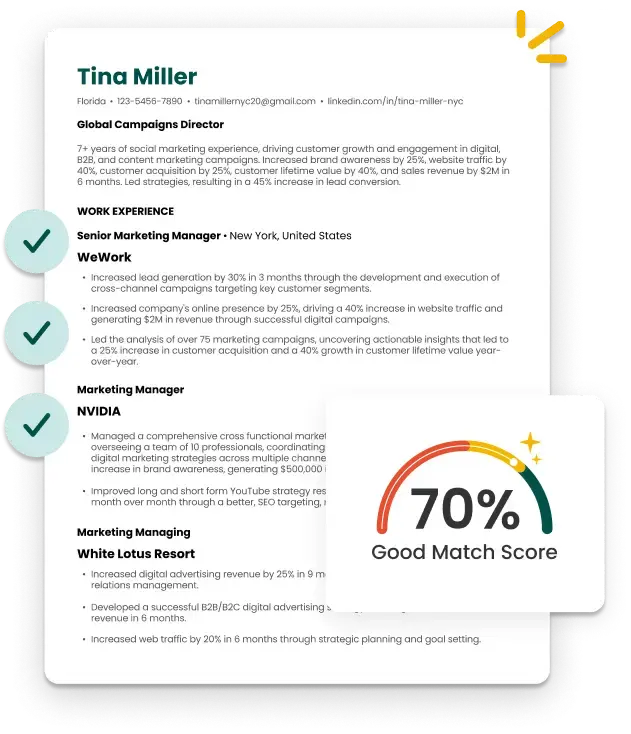Unclassified - Woonsocket, RI
posted 8 months ago
About the position
The GCP Data Architect / Engineer position is a full-time role based in Woonsocket, RI, focused on leveraging Google Cloud Platform (GCP) technologies to design, architect, and implement cloud infrastructure solutions. The ideal candidate will possess a deep understanding of Google Cloud architecture and a strong background in database and data warehouse technologies, particularly those offered by Google, such as BigQuery, Cloud SQL, Spanner, and BigTable. This role requires expertise in enterprise-scale data modeling and modernization, as well as the ability to build cloud-based data lakes that facilitate optimal data extraction, transformation, and loading (ETL) processes from various data sources using SQL and big data technologies. In this position, the GCP Data Architect / Engineer will be responsible for constructing data pipelines utilizing tools such as Data Proc Cluster, Data Flow, Pub/Sub, Cloud Composer (Airflow), and Cloud Functions. A fluency in object-oriented programming languages, especially Python, is essential, along with a strong grasp of distributed systems architecture. The role also involves implementing data quality processes, including data cleansing, audits, alerts, and maintaining referential integrity. Familiarity with CI/CD practices, particularly using Google Cloud Build and Git flow, is also required, as is experience with containerization technologies like GKE and Docker. The successful candidate will have a minimum of 4 years of experience architecting with GCP database technologies and at least 2 years of hands-on experience with GCP. Certifications such as Google Cloud Professional Cloud Architect or Google Professional Data Engineer are highly desirable. The role demands a comprehensive understanding of cloud management platforms, virtualization strategies, and automation techniques, as well as the ability to optimize cloud capacity and performance. Additionally, the candidate should be adept at identifying AI/ML use cases within the enterprise and possess a deep understanding of microservices patterns, enabling them to define cloud adoption strategies and transformation roadmaps for large-scale enterprise clients.
Responsibilities
- Design, architect, implement, and manage cloud infrastructure on Google Cloud Platform.
- Build the infrastructure required for optimal extraction, transformation, and loading of data from various sources.
- Construct data pipelines using Data Proc Cluster, Data Flow, Pub/Sub, Cloud Composer, and Cloud Functions.
- Implement data quality processes including data cleansing, audits, alerts, and maintaining referential integrity.
- Utilize CI/CD practices for release and deployment with Google Cloud Build and Git flow.
- Work with cloud container services such as GKE and storage services like Cloud Storage.
- Identify and solve AI/ML use cases across the enterprise.
- Define cloud adoption strategy and transformation roadmap for large-scale enterprise clients.
Requirements
- 4+ years' experience architecting with GCP Database Technologies.
- 2+ years' hands-on experience on GCP.
- Deep knowledge of cloud best practices to reduce operational costs while maintaining high availability.
- Working knowledge of cloud container services, storage services, and database services.
- Experience with digital or infrastructure deployments, project management related to virtualized solutions, and security.
- Strong understanding of microservices patterns and hands-on experience with microservices.
Nice-to-haves
- Certification like Google Cloud Professional Cloud Architect or Google Professional Data Engineer would be a plus.
- Experience with cloud management platforms and automation/orchestration strategies.
